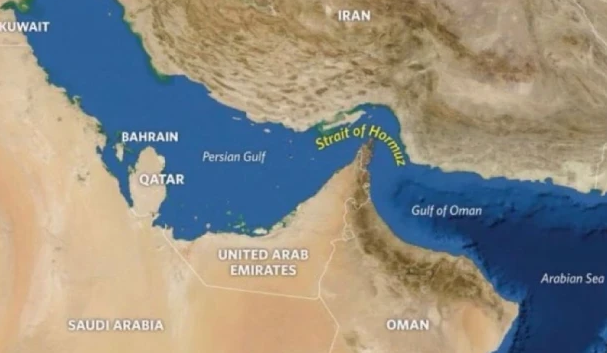Iran has ordered the closure of the Strait of Hormuz, a critical chokepoint for nearly 20% of global oil and 25% of Liquefied natural gas (LNG) trade, following U.S. airstrikes on its nuclear facilities. This move, approved by Iran’s parliament, risks severe disruptions to energy markets, with india and South ASEAN nations facing significant consequences. India, which imports 40% of its crude oil-around 2 million barrels daily – from Gulf nations like iraq and Saudi Arabia via the Strait, could see sharp fuel price hikes. Experts warn Brentcrude may surge to $90 per barrel, fueling inflation and straining India’s economy.
Indian seafarers on oil tankers face heightened risks, with ships now restricted to daytime transit. South ASEAN countries, including Singapore, Malaysia, and Indonesia, heavily reliant on Hormuz for energy imports, brace for supply chain disruptions. Singapore , a major refining hub, could face economic ripple effects, while rising fuel costs may hit ASEAN consumers hard. India’s diversified oil imports from Russia and the US offer some resilience, but prolonged closure could curtail exports. Global response is anticipated as tensions escalate.
